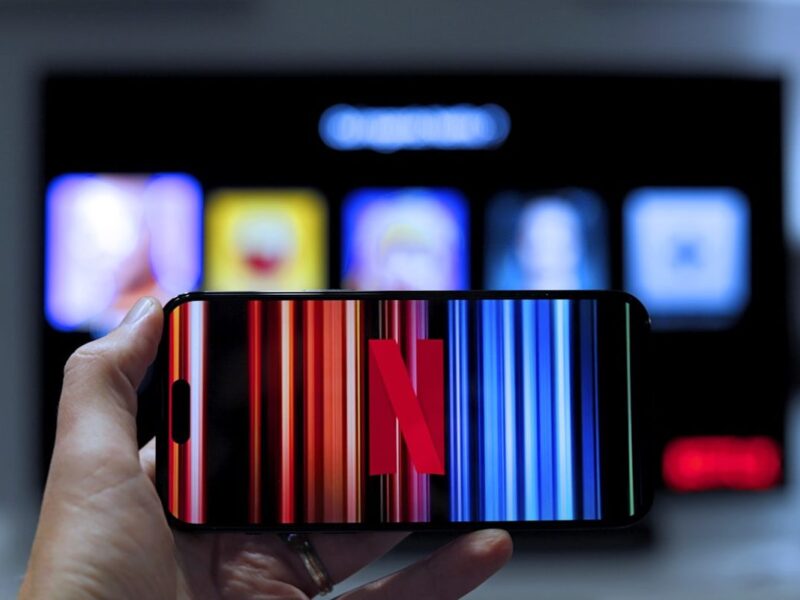Google’s handling of Bluetooth audio sharing through Auracast on its Pixel devices has encountered inconsistencies. The new Pixel Buds 2a do not support Bluetooth audio sharing, and the implementation of Auracast varies across Pixel devices. The feature is disabled on Pixel Buds Pro 2 when paired with a Pixel phone and blocked on budget A-series phones, creating uncertainty about Google’s plans for its universal adoption.
Audio sharing enables users to initiate or join audio broadcasts. Users can share audio from their devices with others nearby or listen to existing broadcasts. These broadcasts use Bluetooth Low Energy and are compatible with devices supporting Auracast. Auracast is the Bluetooth technology facilitating this functionality.
In March, Google announced that Pixel 9 owners with Android 16 would be able to stream Auracast broadcasts. The announcement focused on the applications of Auracast in hearing aids, omitting its broader uses for general audio sharing. This omission raises questions, as when Android 16 was released for the Pixel 9 series in June, Auracast was not enabled by default, requiring manual activation in developer options. In addition, the Pixel 9 series is not the only device to support Auracast, as the Pixel 8 series also has support. Google’s Pixel Buds Pro 2 support Auracast, but this was not mentioned in the initial announcement.
The initial absence of default Auracast activation in Android 16 is now explained by its default availability in Android 16 QPR1. The delay suggests that Google was not prepared to launch the feature in June. Google has not provided comprehensive support documentation for the feature.
The Pixel 8 series supports Auracast. Google enabled the feature on these devices, indicating its compatibility. While there is not an absolute guarantee of a flawless experience for all users, Auracast has been tested on a Pixel 8 Pro.
The Pixel Buds Pro 2 initially supported Auracast upon release. The feature is now seemingly disabled on new units. It was initially suspected that a firmware update was responsible for this block. However, a Reddit user discovered that resetting the paired Pixel phone’s Bluetooth settings could re-enable Auracast on the Buds Pro 2. This suggests that the block is implemented on the phone side rather than at the firmware level of the earbuds.
Testing was performed to determine where the Auracast block was implemented. A Pixel Buds Pro 2 was paired with a Samsung Galaxy S25, a non-Pixel device. Auracast functioned correctly on this device.
The reasons for the disabled Auracast on Pixel Buds Pro 2 when paired with a Pixel phone are unknown. Google stated that they “have nothing new to share about Auracast at this time.” It is possible that Google encountered unresolved issues which led to the decision to disable the feature for many users. However, without official clarification from Google, the specific reasons remain speculative.
Beyond the Pixel Buds Pro 2 issue, Google may be restricting Auracast on its budget A-series phones. This restriction may be implemented to encourage users to choose more expensive models. Initial reports suggested that the absence of Auracast on A-series phones might be due to hardware limitations. However, after enabling and using Auracast on a rooted Pixel 9a, it became apparent that the omission is due to a software block. This indicates that the hardware capabilities are present but artificially restricted.
Limiting software features to specific models is a common practice among companies. Product differentiation extends beyond hardware, and software development involves costs. The approach to Auracast implementation has been inconsistent, affecting the Pixel Buds Pro 2 and A-series phones. This raises concerns about Google’s dedication to advancing the Auracast standard. Currently, Samsung is supporting Auracast across a wide array of devices, including phones, tablets, earbuds, and TVs.
Auracast is a technology that addresses challenges associated with audio sharing. Sharing audio can be difficult, with some solutions being proprietary and limited to specific brands. Many devices lack audio-sharing capabilities altogether. Auracast aims to provide a universal solution to these limitations.
The success of Auracast depends on widespread support. If phone manufacturers do not broadly support it, headphone makers lack the incentive to prioritize it. Conversely, if there are few audio products supporting Auracast, phone makers have little reason to integrate it. This interplay has hindered Auracast adoption. Addressing these rollout issues and promoting Auracast is essential.

